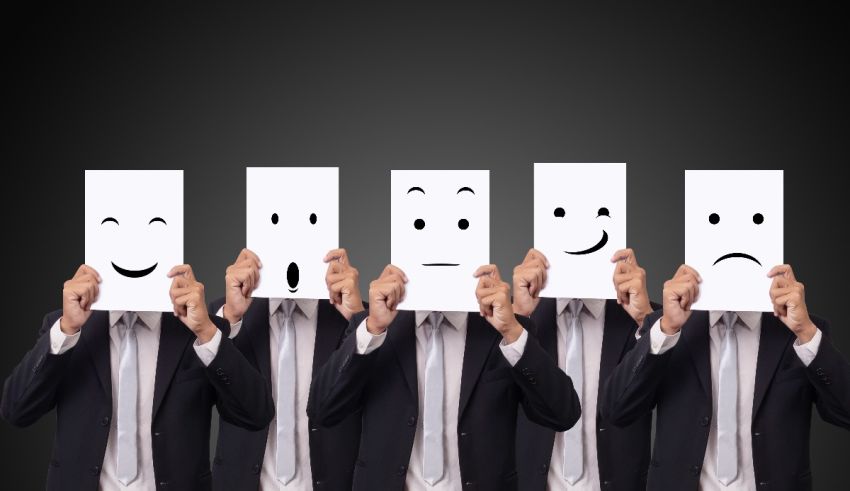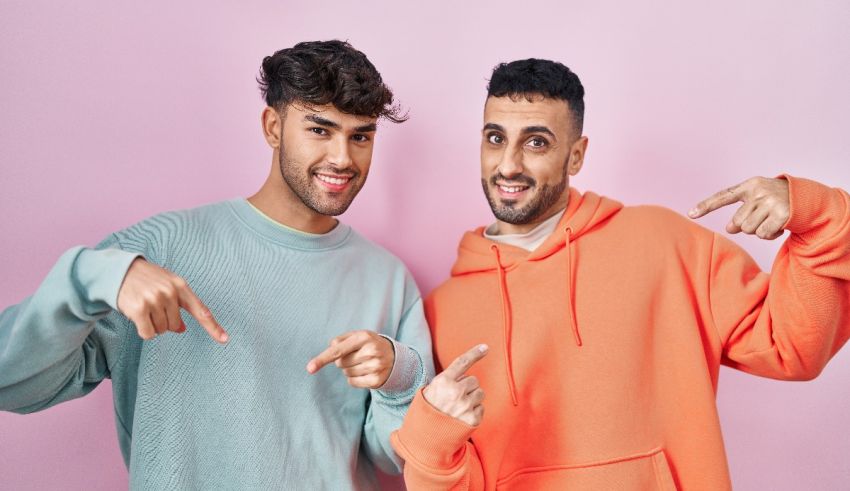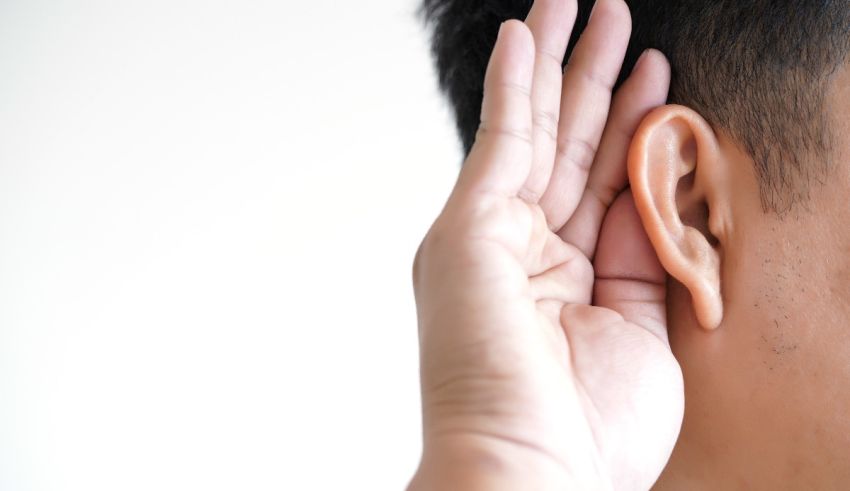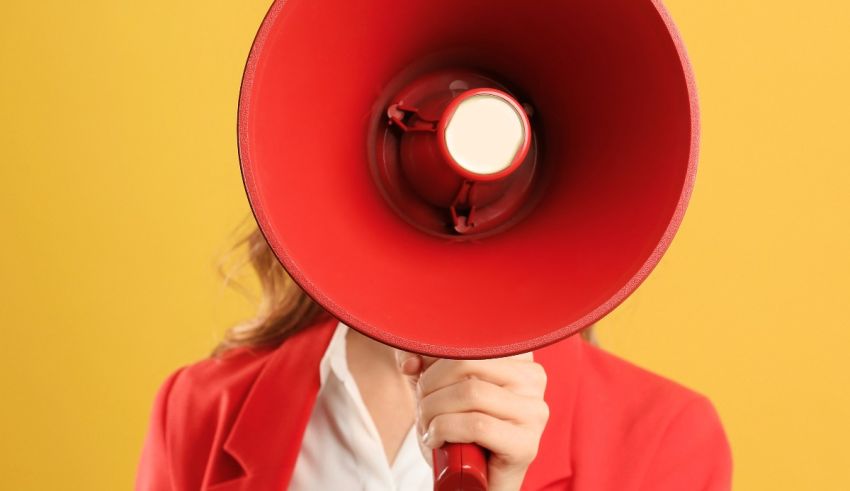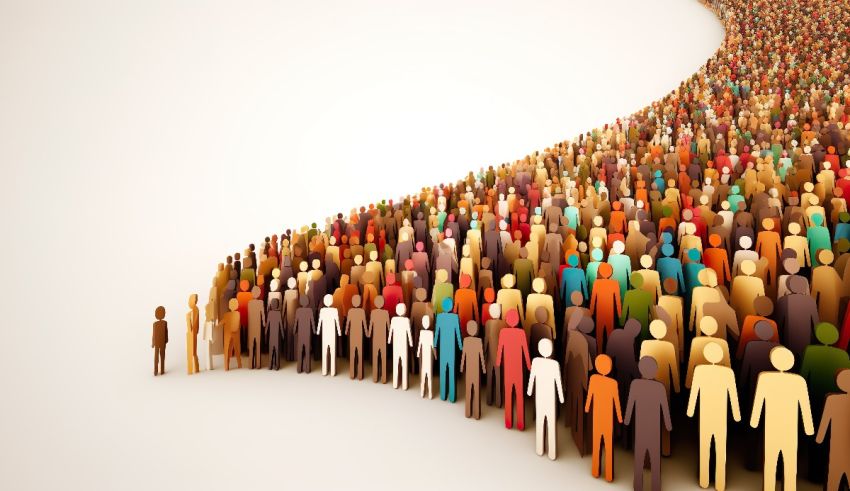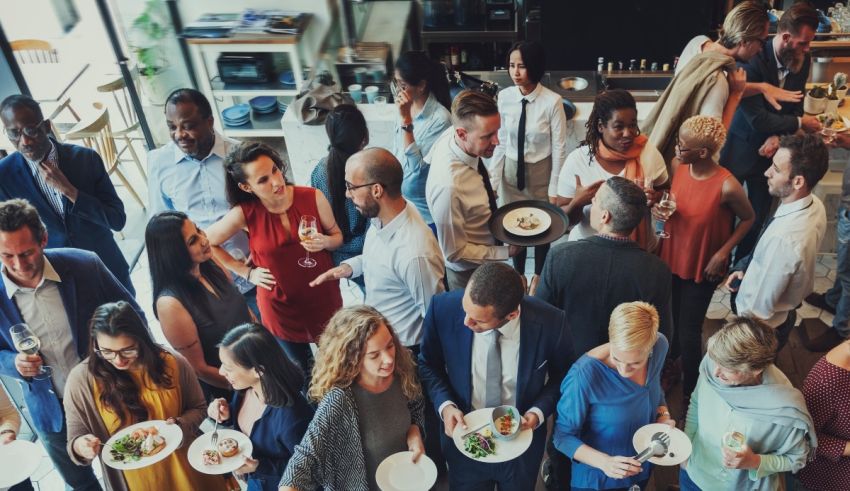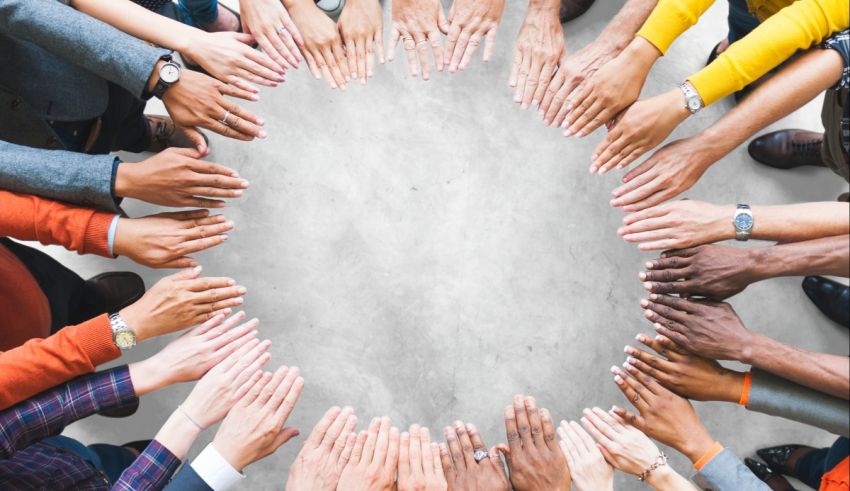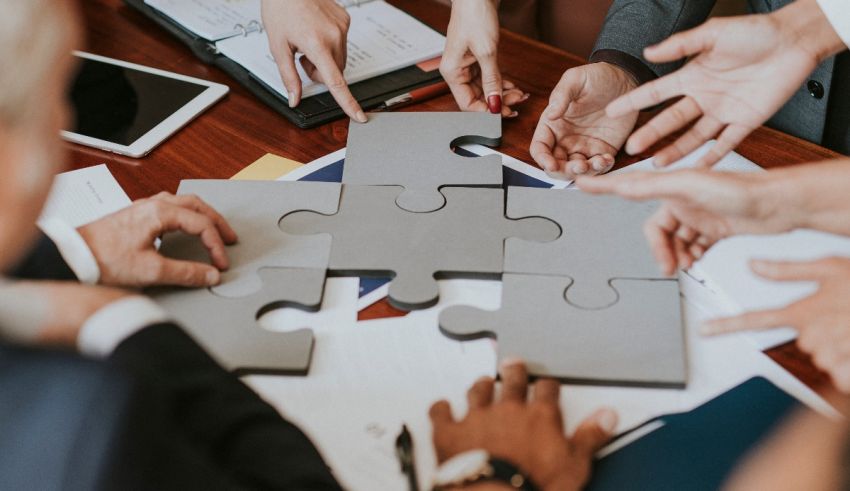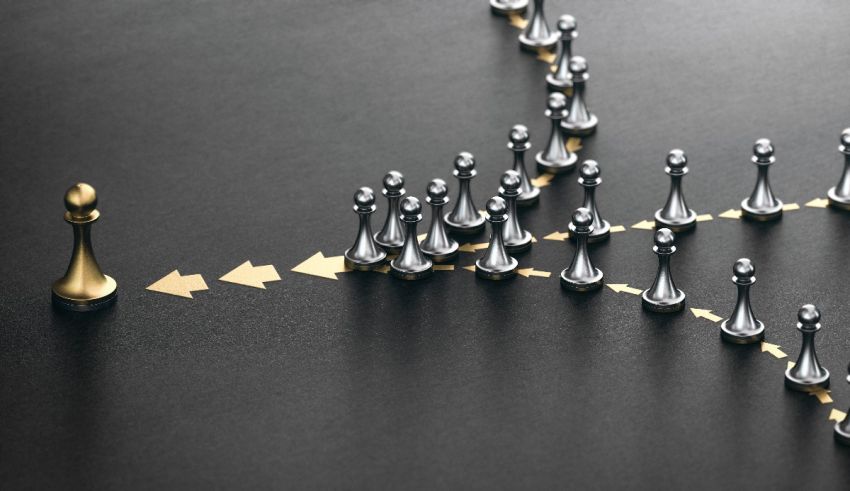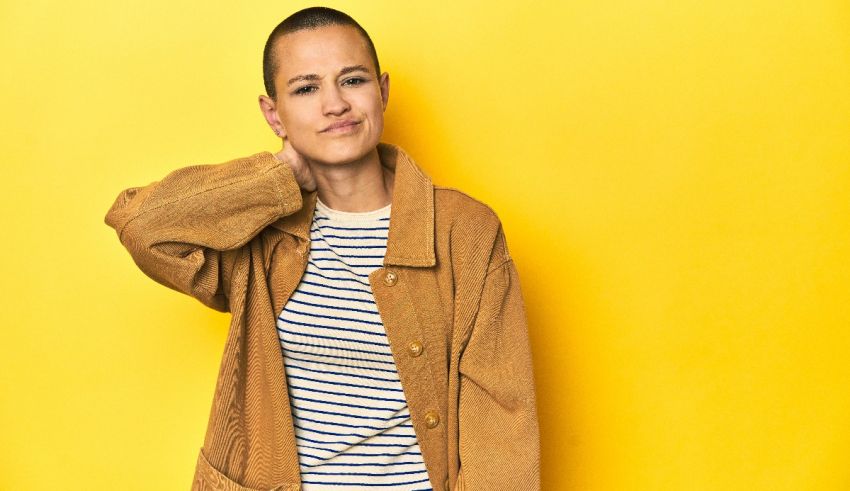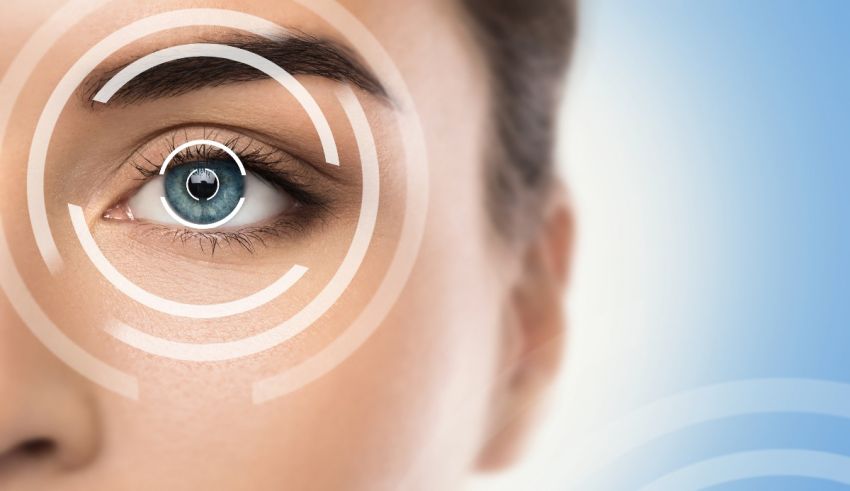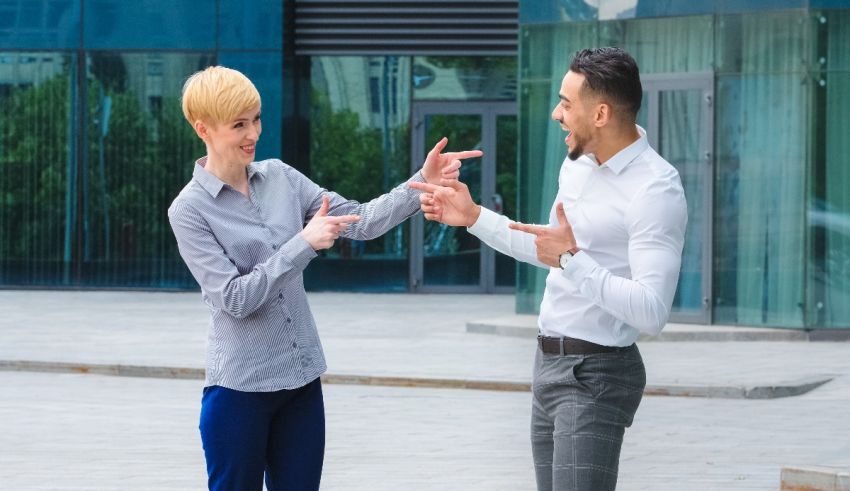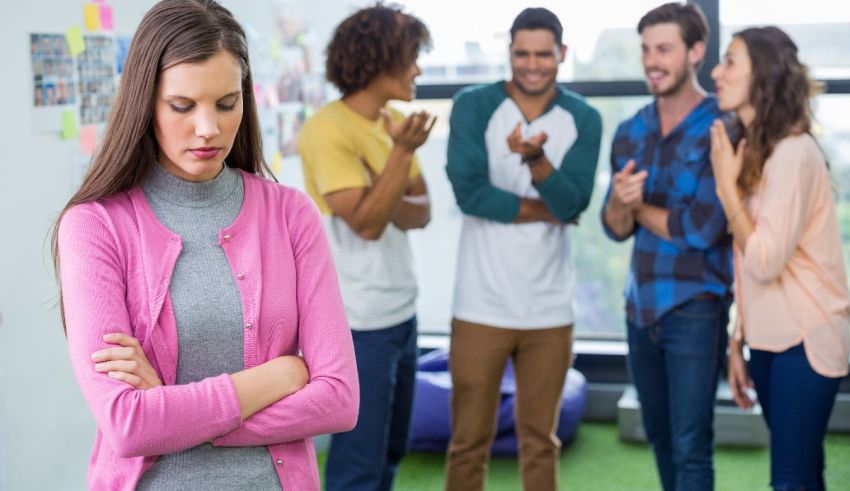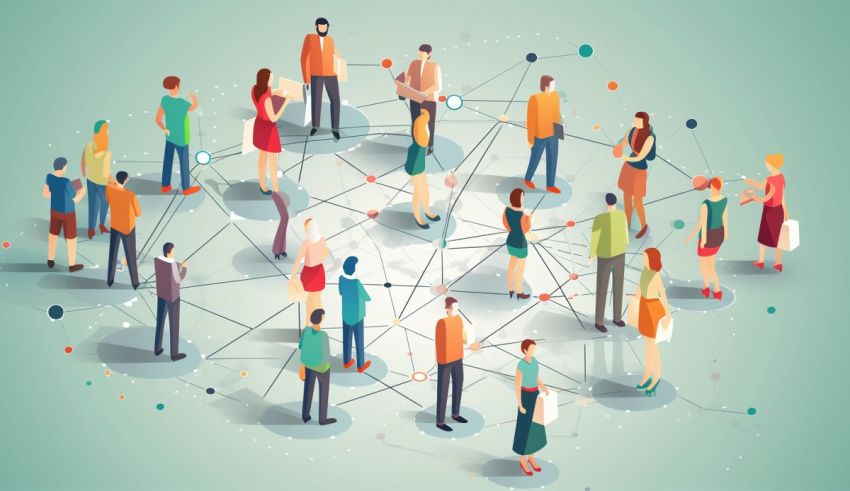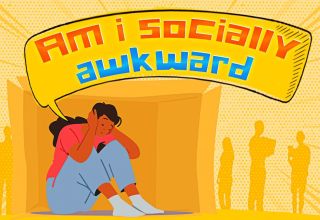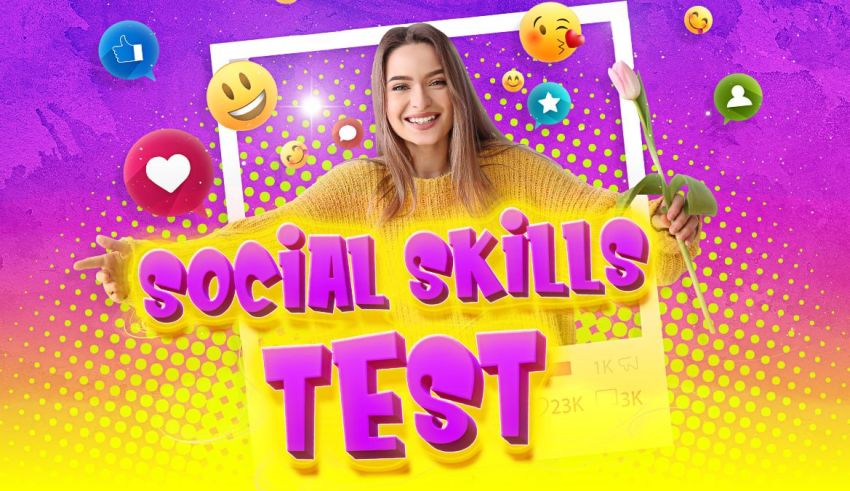
Social Skills Test, Explained
The Social Skill Test is a sociableness self-assessment. It evaluates your ability to read and respond to social cues to quantify your people skills.
In terms of psychology and social science, social skills are acquired interpersonal abilities that help you navigate through everyday interactions. These include basic skills such as leading small talk, interpreting non-verbal cues, and expressing your thoughts.
However, since it’s challenging to measure soft skills, people often don’t know if they’re actually socially skilled. For this reason, we’ve created a quick (but detailed) assessment that rates your emotional intelligence based on your societal relationships.
To refine the results, the Social Skills Test takes inspiration from two scientific evaluations: the Social Responsiveness Scale (SRS) and the Vineland Social Maturity Scale (VSMS). It can also detect social awkwardness and Asperger’s Syndrome, covering the entire spectrum of interpersonal aptitudes.
How to Know if You’re Socially Skilled
As a general rule, you’re a socially adept person if you don’t avoid social situations, are able to break the ice when meeting new people, have empathy for others, and are non-judgmental and authentic.
Here are signs you are a people person:
Your emotional intelligence is high. Empathizing with others shows you’re able to fit in society and relate to its members, which is a sign of social skills.
You can read verbal and non-verbal cues. Different communication styles use different cues. And being at ease with societal implications proves you’re a social butterfly.
You’re authentic and assertive. Being socially adept is not all about giving; it also involves expressing. If you can authentically word your opinions and emotions in a collective environment, your social skills are already impressive.
You respect others. Interpersonal exchanges must revolve around mutual regard. And those who do their part in respecting everyone and treating them equally are true people persons.
You’re an active listener. Taking a genuine interest in others is an indication of social adeptness.
How to Improve Your Social Skills
Social skills are not inherited; they’re acquired. So, the most important factor in improving them is practice. To have better social interactions, get out of your comfort zone. Meet new people. Face your social anxiety. And let it fade away through trial and error.
A good method for bettering your people skills is the FORD technique. Whenever you don’t know what to talk about, go with something about family (F), occupation (O), Recreation (R), or dream (D). These are relatable topics that most people have something to say about without feeling awkward.
Assess Your People Skills Now
It’s one thing to feel confident in public; it’s another to be certified socially skilled. With the Social Skills Test, you get to see how well you can communicate and what’s stopping you from having more friends.
By the way, if this quiz caused any hard feelings, maybe you should try our Social Credit Test next. It’s a lighthearted way of measuring similar skills while sharing a laugh or two.
With that being said, let’s figure out how big of a people person you are with 20 social cue questions. 🤝🏻

